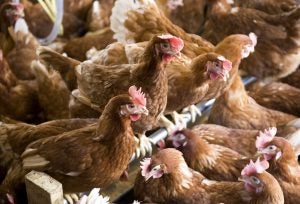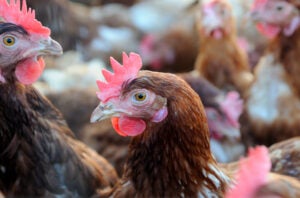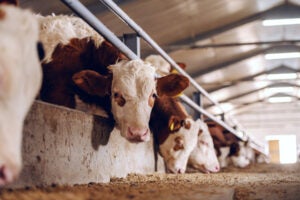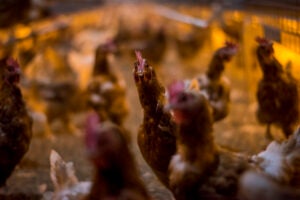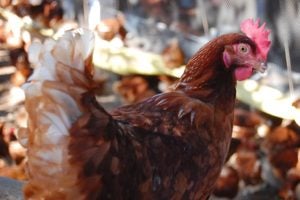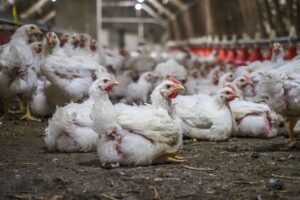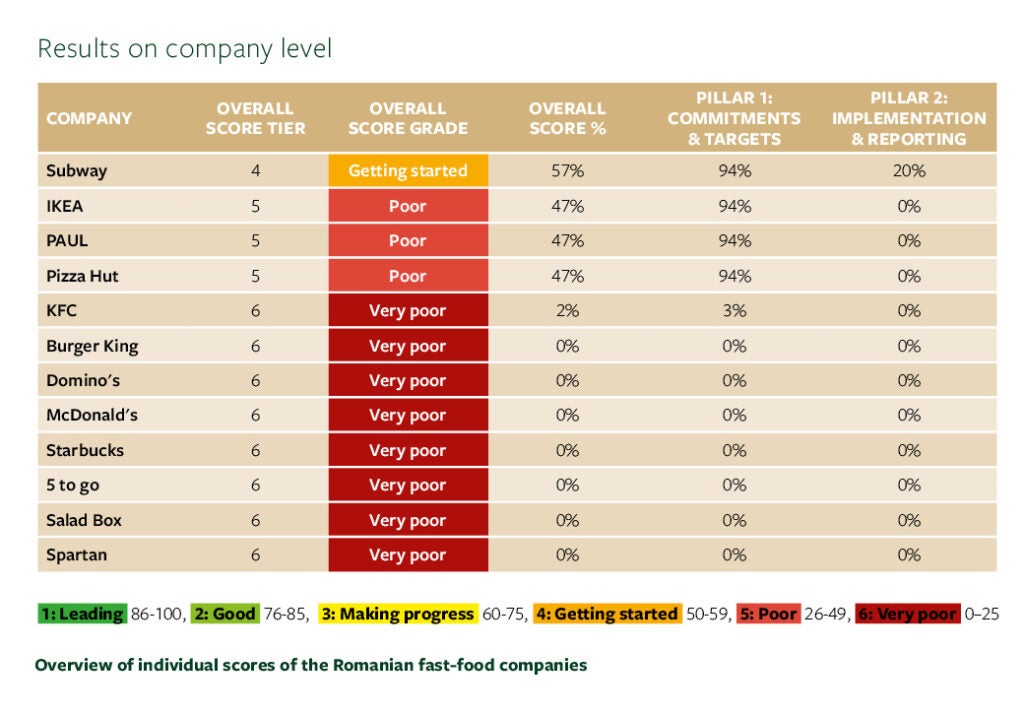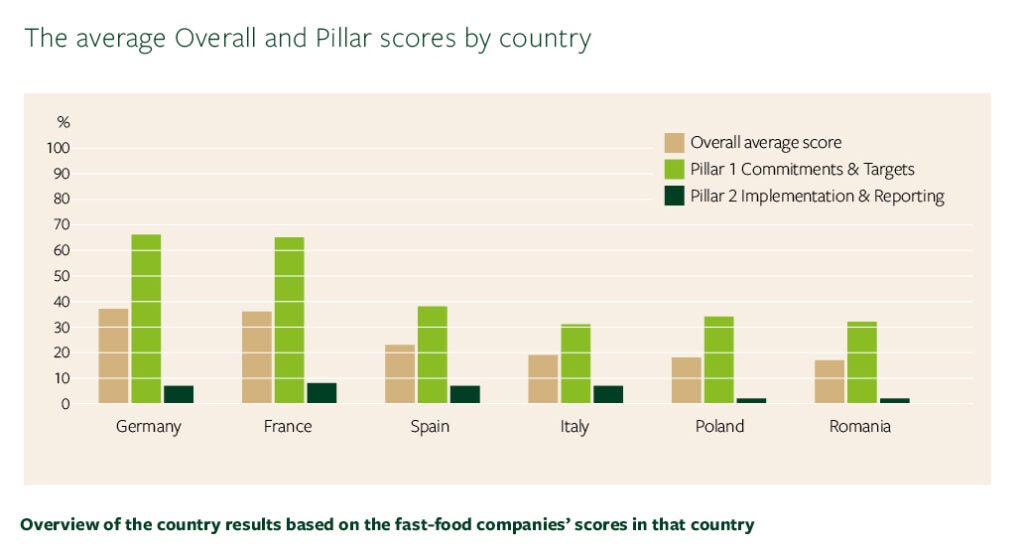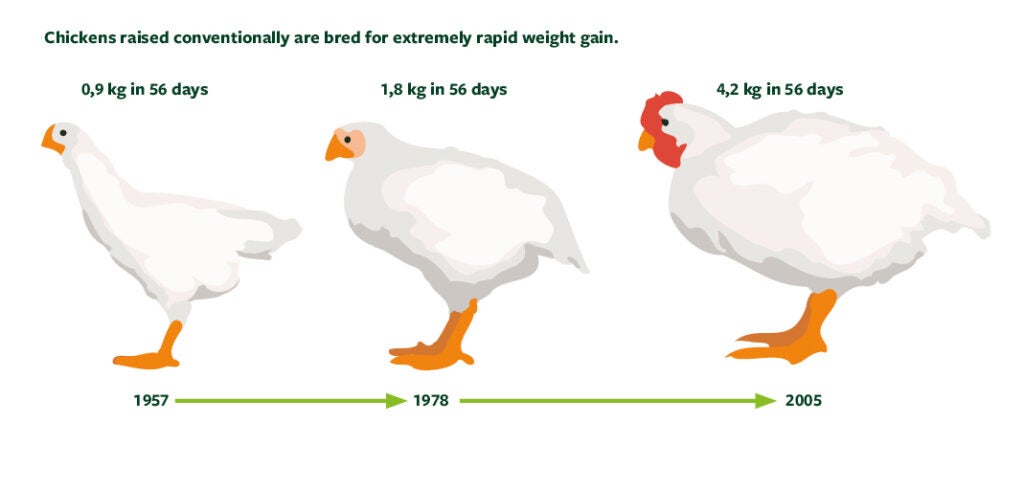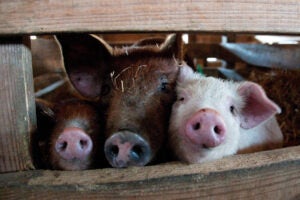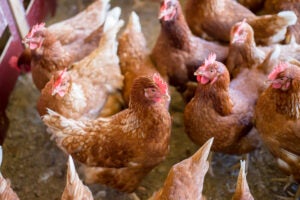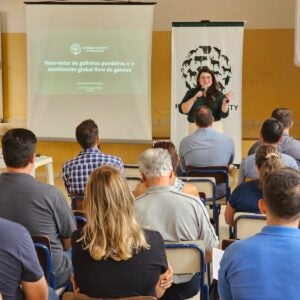
SÃO PAULO—Last week, producers raising hens for their eggs gathered in the countryside of São Paulo state, the largest egg-producing state in Brazil, to boost their knowledge of the scientific foundation behind cage-free housing systems. The workshop, which was hosted by global animal protection charity Humane Society International and rural extension state entity Full Technical Assistance Coordination, empowered egg producers attending the event to make their first steps in meeting the ever-growing consumer and market demand for cage-free eggs.
High-level panelists, featuring experts from Hendrix Genetics, Produtor do Bem, VR Assessoria Avícola and HSI in Brazil spearheaded the workshop. The event covered hen behavior and welfare, nutrition, biosecurity, animal health and farm management in cage-free egg production systems, demonstrating that producers have a variety of resources available to successfully transition to cage-free systems.
The market for cage-free eggs in Brazil is rapidly growing, accelerating the shift towards kinder, cage-free systems for raising hens and harvesting their eggs. Major retailers such as Carrefour and GPA, manufacturers such as Unilever and Bimbo, restaurant groups such as Arcos Dorados and Brazilian Fast-Food Corporation, hotel operators such as Accor and Atlantica Hotels, and many other sectors from food service to pet food manufacturing have pledged publicly to source exclusively cage-free eggs by 2028. Where the market goes, the production follows: the volume required from the over 170 large-scale buyers with these commitments will require a significant sector shift to cage-free systems to meet this demand. As seen in other countries, the corporate demand will change the landscape of Brazilian egg production.
Tatiane Carmo, agriculture and livestock assistant at CATI, stated: “As CATI technicians, we believe that raising cage-free laying hens is a global trend and that the consumer market demands products that consider the welfare of the animals, in addition to the quality and safety of the food. We found that many producers want to transition from the conventional system to cage-free systems, and others who have already adopted this system are interested in gaining more knowledge to improve their production and potentially obtain certification on animal welfare.”
Cage-free systems typically offer hens higher levels of welfare by allowing more opportunities for expression of natural behavior such as ground scratching, pecking, dustbathing, nesting, perching and socializing, all of which are not possible in conventional battery cage systems. Hens are sentient, intelligent and sociable animals. Scientific studies have shown that they have a sense of time, can count, learn from their flock mates and anticipate the future, which in turn affects their decision-making. They experience positive emotional states and enjoy social activities such as dustbathing.
To Rodrigo Cobrelo, consultant at poultry systems consultancy VR Assessoria Avícola, it is essential to ensure that the hen’s welfare is respected during their whole lives. “The focus should be on the hen, the egg is a consequence,” he said.
Diogo Ito, laying hen specialist at Hendrix Genetics, global breeding, genetics and technology company, said: “Cage-free systems meet a demand from consumers who seek a balance between animal welfare and do not compromise on the quality of the eggs on their table. To this end, it is important for the egg producer to follow certain recommendations that aim to protect hens from health problems, and at the same time meet its nutritional requirements, so that hens can remain healthy and produce eggs with high nutritional quality.”
José Ciocca, executive director at certification authority Produtor do Bem, stated: “Certifications provide applicable technical guidance and guidelines, and allow producers to demonstrate that their products meet specific standards. Furthermore, it helps companies implement their own animal welfare commitments, mitigates reputational risks in the supply chain and brings added and profitable value to the supply chain.”
Anna Souza, policy and program manager in farm animal welfare and protection at HSI in Brazil, said: “Producers now have a myriad of resources at their fingertips, empowering many to successfully transition to cage-free systems. There is no question that the future of egg production is cage-free, and HSI welcomes Brazil to join the global shift.”
ENDS
Media contact: Anna Cristina Souza, asouza@hsi.org

